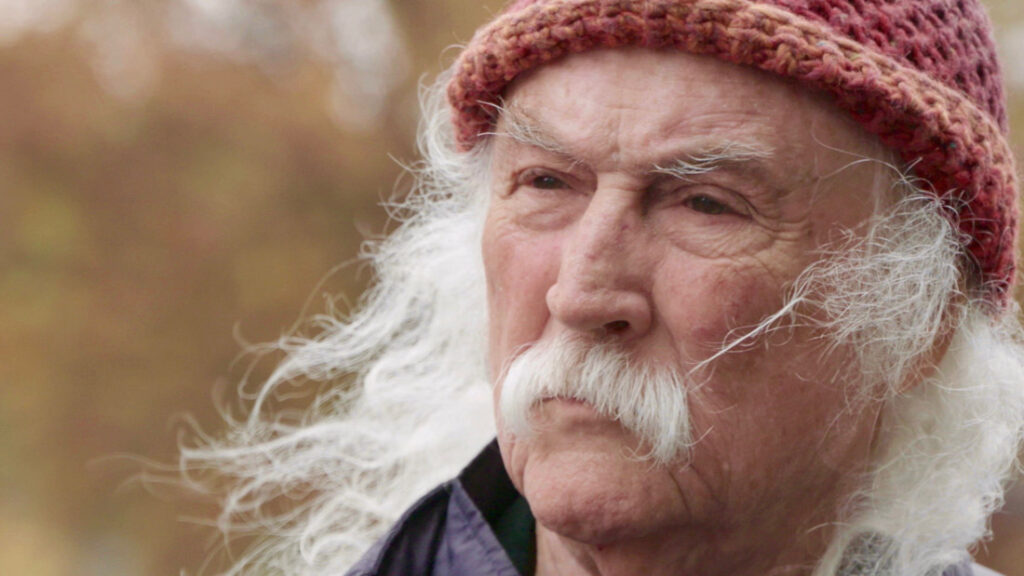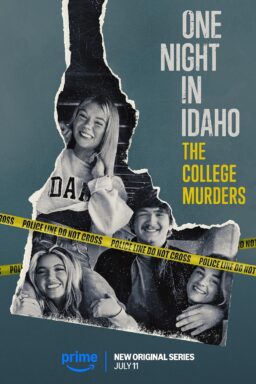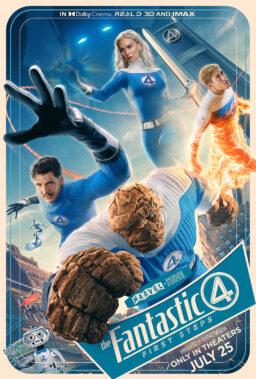A trio of bio-docs premiered at Sundance this year, detailing the stories behind three wildly different artists – David Crosby, Leonard Cohen, and Anton Yelchin. The varied approaches to their life stories make for an interesting study in how artists make documentaries about other artists.
The pitch for “David Crosby: Remember My Name” is a really simple one – “Cameron Crowe and David Crosby chat for 95 minutes.” The filmmaker interviewed Crosby over what appears to be several days, discussing his entire life and gently prodding him with questions about some of the issues that have dogged him over the years, including drug abuse and the fact that pretty much everyone he’s ever worked with thinks he’s an asshole. “Remember My Name” undeniably veers into hagiography, but one could argue that Crowe and director A.J. Eaton successfully make the case that Crosby is a creative voice who deserves a bit more hero worship in our pop culture.
Like so many rock bio-docs, “Remember My Name” hits the chronological beats of a complex life, from Crosby’s early days with The Byrds through the success of CSNY, his relationship with Joni Mitchell, his heavy drug experimentation, and even his recent creative resurgence. The film adopts a similar, laid-back tone as its subject matter, arguably more interesting when it’s tracking Crosby around his daily haunts more than when it has to get down to the “job at hand.” It’s a bit lacking in deep insight, often moving quickly over tougher questions, but that kind of mirrors the tone of its subject, who seems to be at a place in his life where he can look back at a half-century of musical influence with the wisdom that comes with age but not necessarily regret. David Crosby has done what he’s done – and a lot of what he’s done is still having a ripple effect on music – and you can love him or hate him or not think he’s worth a feature documentary. He’s just going to keep on doing it.

Crowe’s personal connection to Crosby clearly casts light all over “Remember My Name,” but the history between filmmaker and subject is even more prominent in Nick Broomfield’s “Marianne & Leonard: Words of Love,” the latest from the veteran documentarian of musicians that include Tupac Shakur, Kurt Cobain, and Whitney Houston. He turns his form here to the life of the legendary Leonard Cohen, but there’s a unique angle that is also distinctly Broomfield-esque. The director often takes some heat for inserting himself into his movies to an exorbitant degree, but it’s organic and forgivable here given he was close to Leonard Cohen and Marianne Ihlen, even appearing in some of the archival footage in the film. It’s arguably his most personal film to date, and the most surprising thing may be that it took him this long to make it.
“Marianne & Leonard” is the story of an artist and a muse. Leonard Cohen wrote “So Long, Marianne” and “Bird on a Wire” directly about Marianne Ihlen, the woman he met at a crucial, formative age, and with whom he fell madly in love. They inspired each other on a Greek island called Hydra, a magical place to which Broomfield’s film regularly returns, and a place the filmmaker visited as a young man and spent time with Ihlen, who actually inspired him to make his first film. It was what you’d imagine the life of a young future poet would be on a Greek island—days of writing, drinking, drugs, sex, and sun. And these days formed both the love between Leonard & Marianne, and what would become his voice as an artist.
And then Leonard Cohen became Leonard Cohen. Moving to the States and transforming from an author into a musician with the breakout success of “Suzanne,” Cohen’s star rose while Ihlen stayed in Hydra. They would find other relationships and have largely separate lives, but Broomfield makes the case that they remained each other’s greatest influence, deftly drawing lines from Hydra & Marianne to Leonard’s music & stardom. The movie can be a bit clunky – the talking head interviews are surprisingly mundane, often including the kind of anecdotes that are far more interesting to the subject’s friends than to a stranger – but it has a cumulative emotional power, especially if you love Cohen’s work as much as I do. Leonard Cohen and Marianne Ihlen never found their Hydra again, but they also never really left there, dying three months apart from each other. Nick Broomfield’s film is beautiful testament to their unique relationship and the unique place on which it formed.

Another doc about a subject who’s sadly no longer with us came to Sundance in the form of the poignant “Love, Antosha,” about the work and all-too-brief life of Anton Yelchin, who died in 2016 at the age of 27. Garret Price’s heartfelt look at the life and work of an actor who seemed to only be expanding his palette as he aged is understandably a document of what was lost, but it also serves as a reminder of the impact one can have even in such a comparatively small window of time. The son of Russian immigrants, Anton Yelchin worked on over five dozen films, battling Cystic Fibrosis (but never telling anyone that he was) and seemingly brightening the lives of everyone he encountered. He’s the kind of young man who was simply devouring life, taking challenging roles, reading literature, exploring the dark side of society. His life was cut short, but it also feels like he got more out of it than most people do with three times as long.
“Love, Antosha” progresses chronologically through Yelchin’s life, regularly returning to his parents, and using his collaborators as windows into where Anton was in his life while he was shooting certain films. There’s a testament to the impact that Yelchin had on those around him embedded in the people who speak so lovingly of him in this documentary. Kristen Stewart and Jennifer Lawrence both basically credit him with changing them as actresses, and famous collaborator after famous collaborator steps forward to eulogize an old friend from Chris Pine to Willem Dafoe to John Cho and beyond. Not every young star could produce such a parade of praise from everyone he worked with. His story is a reminder that hard work and genuine kindness have an impact. You put them into the world, and you might make it a better place. Anton Yelchin did.












